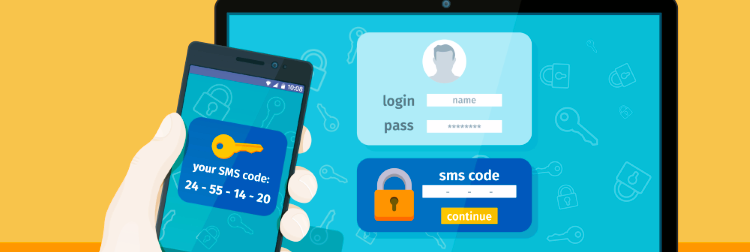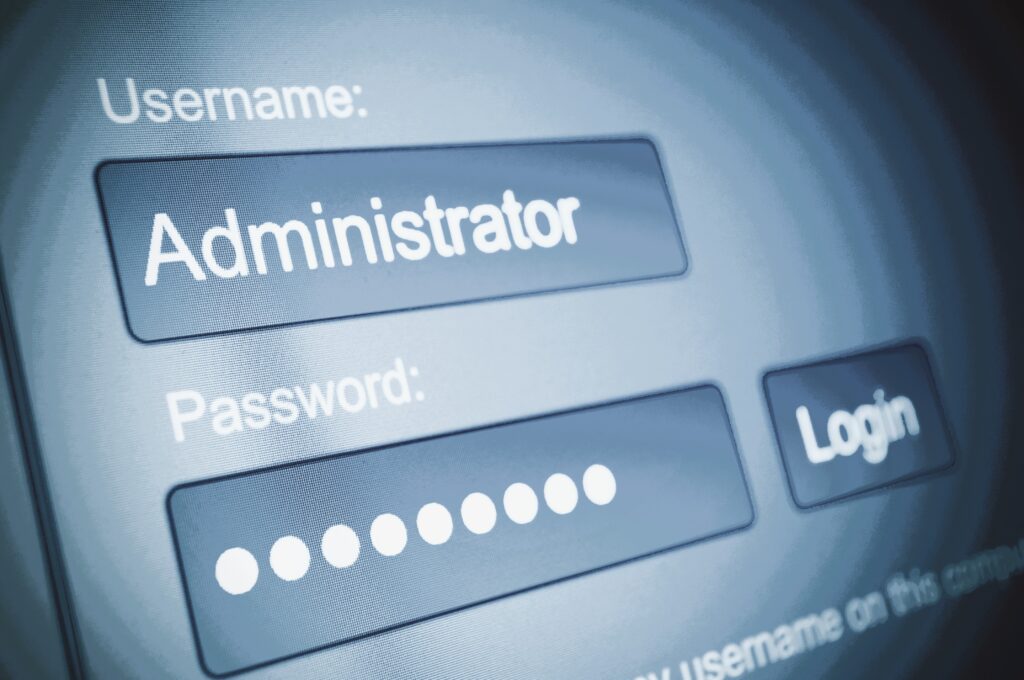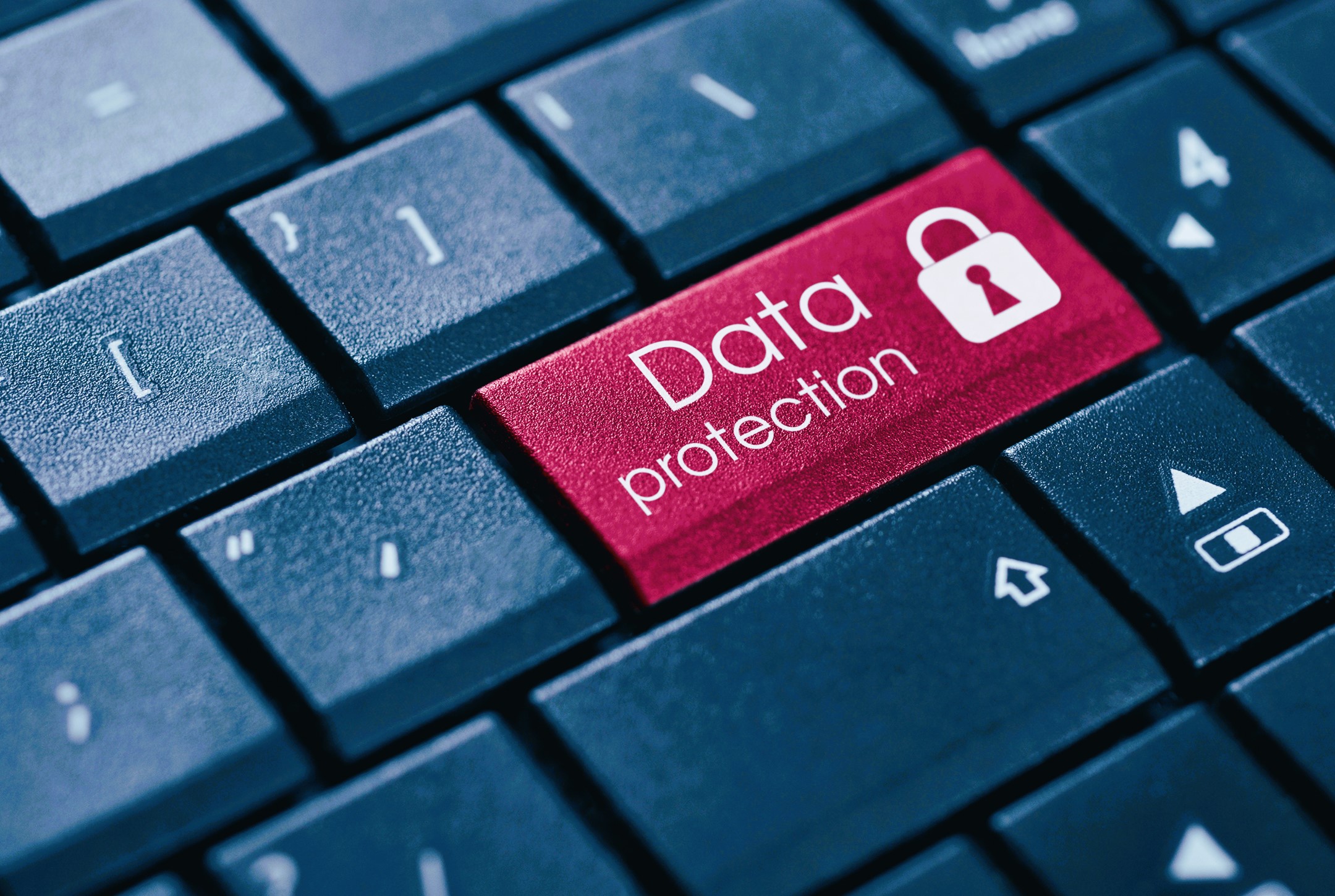As the gaming industry continues to grow, so does the potential for malicious attacks on game servers. Game servers are particularly appealing targets for hackers due to their popularity and the valuable data they hold, including personal player information, in-game transactions, and even virtual currencies. The consequences of a successful hack can be severe, ranging from downtime and loss of players to stolen sensitive information and even reputational damage.
Server administrators must stay vigilant and take proactive steps to ensure the security of their servers. In this article, we’ll cover five essential tips to help you keep your game server secure from hackers and protect your community.
1. Keep Your Server Software and Plugins Up-to-Date
One of the most fundamental steps in maintaining a secure game server is keeping your software up-to-date. Hackers are constantly looking for vulnerabilities in server software, and developers regularly release updates to patch these security flaws. By neglecting to update your server software, you leave it open to known exploits that hackers can easily take advantage of.
- Server Software: Whether you’re running a dedicated game server for Minecraft, CS, or any other online multiplayer game, always ensure that you’re using the latest stable version of the server software.
- Plugins and Mods: If you use plugins, mods, or third-party extensions, be aware that these can also introduce vulnerabilities. Regularly check for updates from the developers of these add-ons to avoid security issues.
According to Wikipedia, security patches are critical in maintaining the integrity of systems and applications. Applying updates promptly can mitigate the risk of exploitation.
2. Implement Strong Passwords and Two-Factor Authentication (2FA)

Weak passwords are one of the most common entry points for hackers. It’s essential to enforce strong password policies for both server admins and players. Hackers often use brute force attacks or dictionary attacks to crack weak passwords, giving them full control of the server.
Tips for Strong Passwords:
- Length: Ensure passwords are at least 12 characters long.
- Complexity: Use a combination of letters (uppercase and lowercase), numbers, and special characters.
- Avoid Common Words: Never use easily guessable words like “password” or “admin.”
In addition to strong passwords, enabling Two-Factor Authentication (2FA) adds an extra layer of protection. With 2FA, even if a hacker guesses the password, they will still need a second form of verification, such as a mobile code, to gain access.
Game servers that use admin control panels or backend access should always have 2FA enabled. Popular platforms, like Steam, have integrated 2FA features for added security, and it is becoming a standard across various gaming networks.
3. DDoS Protection: Defend Against Distributed Denial-of-Service Attacks
One of the most common types of attacks on game servers is the Distributed Denial-of-Service (DDoS) attack. In a DDoS attack, hackers flood the server with excessive traffic, overwhelming its resources and causing it to crash or become unavailable to legitimate users. These attacks are not only frustrating for players but can also result in significant downtime and damage your server’s reputation.
How to Protect Against DDoS Attacks:
- Use a DDoS Protection Service: Many hosting providers offer DDoS protection as part of their packages. These services can detect and mitigate DDoS attacks in real-time, ensuring that your server remains online even under attack.
- Firewall Rules: Configure your firewall to block excessive traffic and rate-limit connections. Setting thresholds can help prevent DDoS traffic from reaching your server.
- Load Balancing: For larger servers, distributing the load across multiple servers can help absorb the impact of a DDoS attack.
4. Regular Backups: Prepare for the Worst
Even with the best security measures in place, no system is completely immune to attacks. In the event of a successful breach, having regular backups of your game server is crucial. Backups allow you to quickly restore your server to a pre-attack state and minimize downtime.
Best Practices for Server Backups:
- Automate Backups: Use automated backup tools to schedule regular backups. Depending on your server’s activity, you may want to back up daily or even more frequently during peak times.
- Offsite Storage: Store backups in a secure, offsite location to ensure they are safe in the event of a server breach or hardware failure. Cloud storage solutions are a popular option for offsite backups.
- Test Restorations: Regularly test your backups by restoring them to ensure that they work as expected. The last thing you want is to discover that your backups are corrupt or incomplete when you need them most.
Having backups readily available ensures that you can recover quickly and get your server back online, even after a cyberattack. How AEM servers handle high traffic events without downtime is the answer in this article.
5. Secure Admin Access and Permissions

Controlling who has access to your server and what permissions they have is another essential aspect of security. Only trusted individuals should have admin-level access to your game server, and their actions should be closely monitored.
Tips for Securing Admin Access:
- Limit Admin Accounts: The fewer people with administrative access, the lower the risk of a malicious or accidental security breach.
- Role-Based Access: Use role-based access control (RBAC) to assign permissions based on the user’s role. Not everyone needs full control over the server.
- Log and Monitor Admin Activity: Keep detailed logs of all admin activity on the server. This can help identify suspicious behavior and trace the source of a breach.
Proper access control helps prevent unauthorized changes to server settings and protects sensitive data.
Securing your game server from hackers is an ongoing process that requires vigilance and attention to detail. By keeping your software up-to-date, enforcing strong password policies, enabling two-factor authentication, implementing DDoS protection, maintaining regular backups, and securing admin access, you can significantly reduce the risk of a cyberattack and protect your gaming community.
Staying one step ahead of hackers is key to ensuring that your server remains a fun and safe environment for all players.






